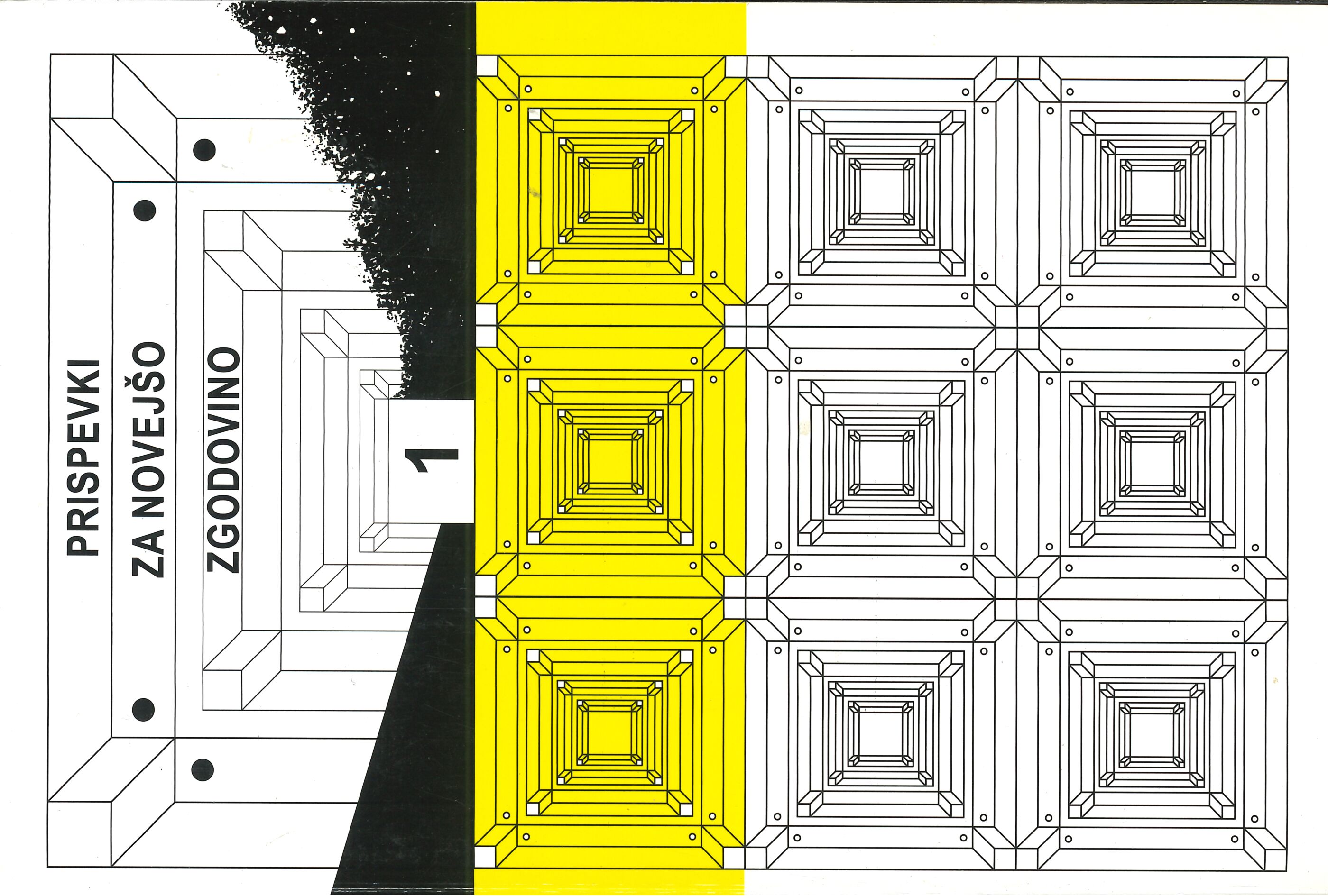Domoljubje v Sloveniji med svetovnima vojnama
Keywords:
Slovenia, Slovenians, patriotism, homeland, State of SHS, Kingdom of SHS, Slovenian national consciousnessAbstract
PATRIOTISM IN SLOVENIA IN THE INTERWAR PERIOD (1918–1941)
In the introduction the article discusses the concept of patriotism and its importance for the formation of the national identity. This is followed by the outline of the definition of nation through the process of statehood, which Slovenians had undertaken immediately after the dissolution of the Austro-Hungarian Monarchy – in the State of Slovenes, Croats and Serbs. During its formation Slovenians had strong patriotic feelings, and at the same time they felt profound disappointment and dissatisfaction with the once dominant German government structures. The formation of the State of SHS was exceedingly solemn, which the article tries to depict by describing the festivities at the moment when the state was established, when Slovenians, proud of their nation, language and culture, looked into the future with great expectations, imagining an idealised unification with the Serbian brothers in the Kingdom of Serbs, Croats and Slovenians. Gradually the time for sobriety arrived, indicating that Slovenians would once again have to fight for their own identity and the related cultural and linguistic characteristics and particularities. This struggle was made harder by the mutual opposition between the political parties. In order to provide a more vivid presentation of the Slovenian patriotic feelings at the time, the article quotes excerpts from the memoirs of cer- tain intellectuals at the time – astute observers of the contemporaneous social developments, which allowed them to overcome the spatially and temporally limited understanding of the future of the Slovenian political elites of that period. One of these intellectuals was Angela Vode.
Downloads
Published
Issue
Section
License
Authors who publish with this journal agree to the following terms:
- Authors retain copyright and grant the journal right of first publication with the work simultaneously licensed under a Creative Commons Attribution License that allows others to share the work with an acknowledgement of the work's authorship and initial publication in this journal.
- Authors are able to enter into separate, additional contractual arrangements for the non-exclusive distribution of the journal's published version of the work (e.g., post it to an institutional repository or publish it in a book), with an acknowledgement of its initial publication in this journal.
- Authors are permitted and encouraged to post their work online (e.g., in institutional repositories or on their website) prior to and during the submission process, as it can lead to productive exchanges, as well as earlier and greater citation of published work (See The Effect of Open Access).


